The story of the growth of payment solutions in Africa is increasingly being tied to how fast money can move across borders. Despite a digital boom, just 15% of Africa’s trade happens within the continent compared to over 60% in Europe and 50% in Asia. That gap in cross-border payments, Tolulope Adeyinka, Mastercard’s director of Business, Development, Enablers & Crypto for North & West Africa, argued in his keynote, is more about fragmentation, including currency barriers and regulatory complexity. Adeyinka’s argument in his address titled “Driving Financial Inclusion at Scale” was that these barriers can be broken by designing a more inclusive ecosystem.
“Inclusion and innovation, is not just about where Africa is going, but how we get there together,” Adeyinka said, emphasising that inclusion is what Africa’s payments rails should try to achieve.
According to Mastercard’s joint research with Caribou Digital and Genesis Analytics, Africa’s digital payments economy could reach $1.5 trillion by 2030, driven by fintech innovation and Micro, Small, and Medium Enterprises (MSME) participation. But to reach that milestone, the continent needs seamless and secure cross-border payment systems that work for everyone, including small traders and global platforms.
That’s where Mastercard’s ecosystem approach comes in. The company’s MasterCard Cross-Border Services now connects more than 180 countries, support over 150 currencies, and reach nearly 10 million endpoints including bank accounts, cards, and mobile wallets. Partnerships with banks like Access Bank and Fidelity Bank in Nigeria, and regional collaborations with Ira and MTN Fintech, are expanding remittance flows and enabling millions to send and receive money instantly.
Mastercard’s inclusion strategy also extends to small businesses and the unbanked. Its Tap on Phone solution turns any smartphone into a payment terminal, and partnerships with mobile operators allow digital wallets to issue virtual cards, which let millions of users transact online without traditional bank accounts. “We’re expanding remittance flows and enabling families, traders and entrepreneurs to send and receive money seamlessly with certainty and trust, because when people can move money easily, businesses grow, trade expands, and opportunity multiplies,” Adeyinka said.
Mastercard is investing in AI-driven financial inclusion through its AI in Africa 2025 white paper and The MADE Alliance initiative with the African Development Bank that aims to connect 100 million people and businesses to the digital economy over the next decade.
“Africa’s momentum is real, it’s rising, and it’s ours to shape,” Adeyinka said. “To reach others, we must build trust. To drive inclusion, we must design for everyone. And to unlock our full potential, we must power a payment ecosystem that works for all.”

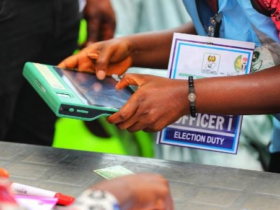



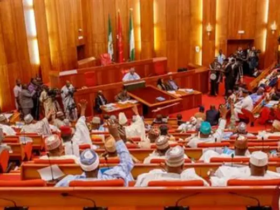
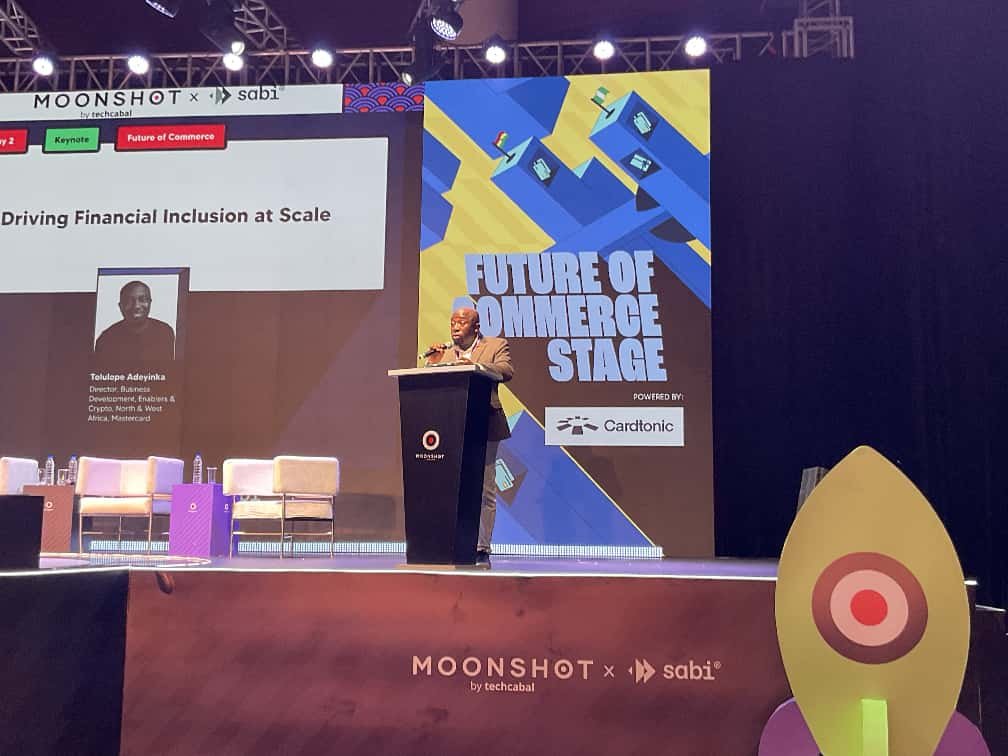
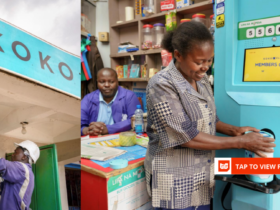
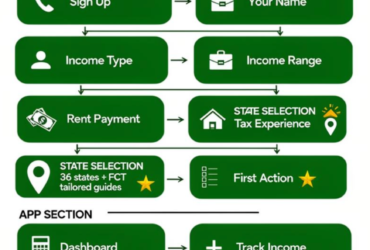

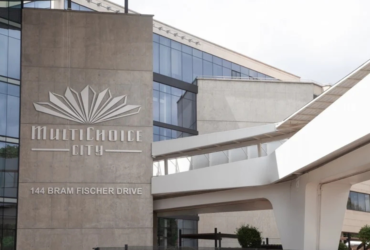
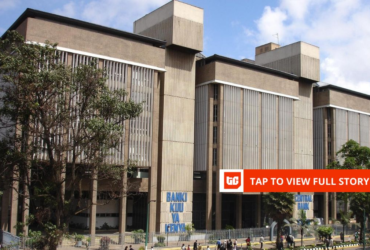
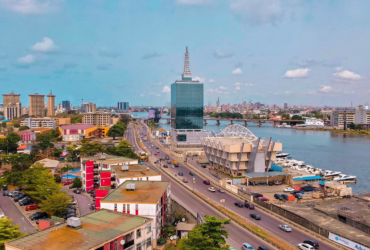
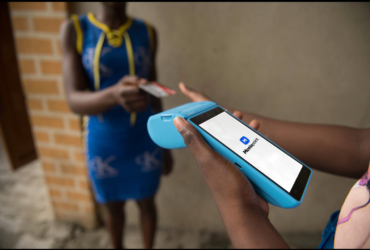
Leave a Reply